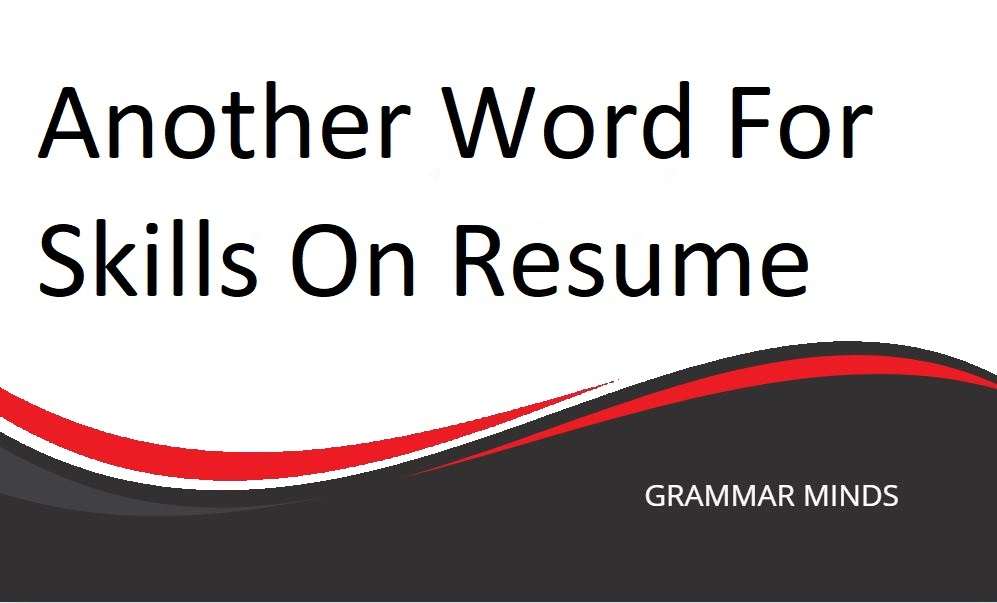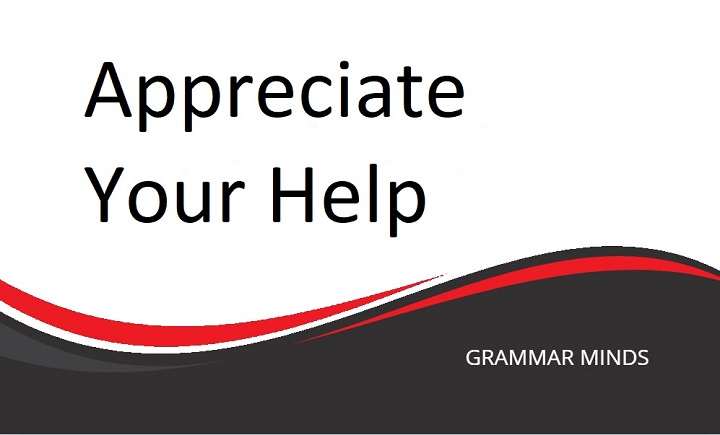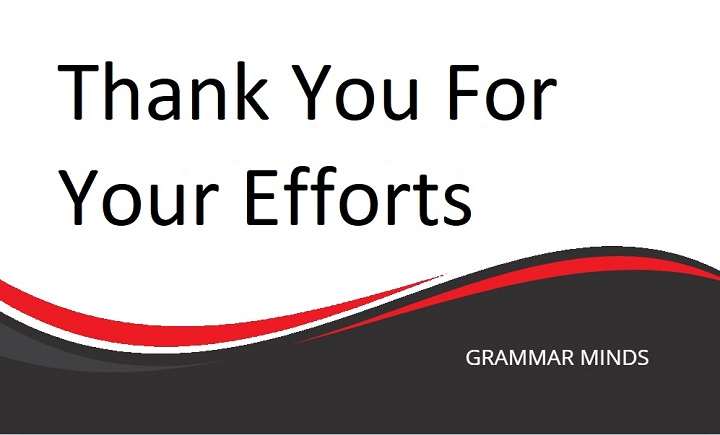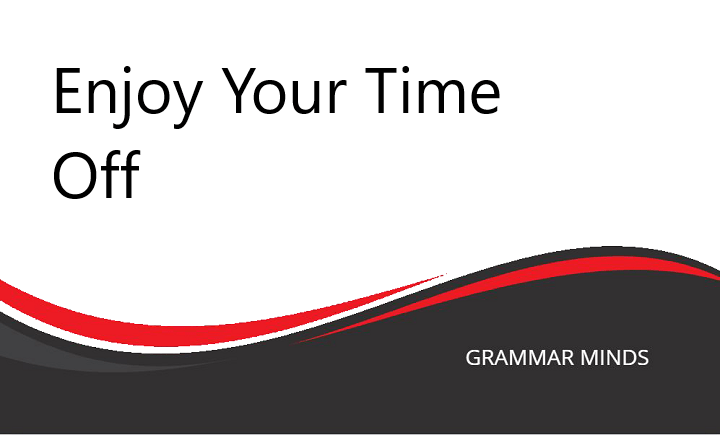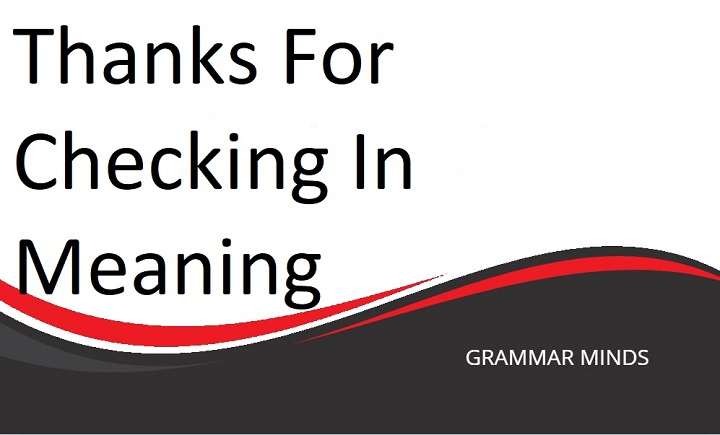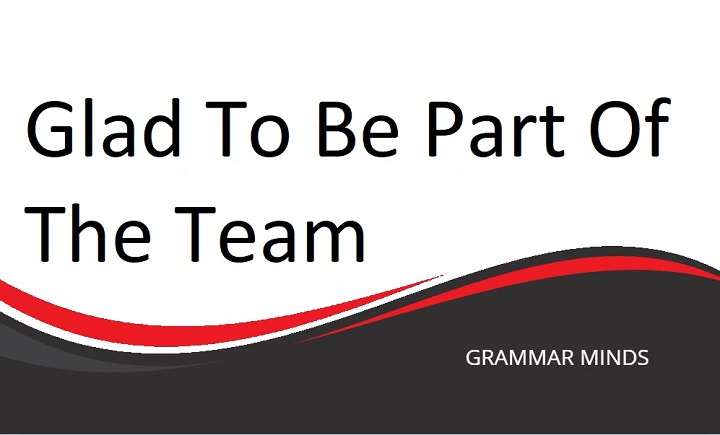When creating or updating your resume, you may find yourself using the word “skills” over and over again to describe your abilities. While “skills” is an accurate and widely accepted term, using it repeatedly might make your resume feel redundant or less engaging. Are you tired of seeing “skills” pop up every other line in your resume? Do you want to add variety without losing the essence of what you’re trying to communicate?
Don’t worry! In this article, we’ll provide you with a list of alternative words and phrases for “skills” that you can use on your resume. These options will help keep your content fresh, engaging, and professional. Whether you’re looking for a more formal way to express your abilities or just a fresh spin on the word “skills,” we’ve got you covered.
Other Ways to Say “Skills” on a Resume
Using different words for “skills” can make your resume more dynamic and emphasize your varied expertise. Below are ten powerful alternatives you can consider.
Competencies
A great substitute for “skills” is “competencies.” This term emphasizes not only your abilities but also the expertise you’ve gained through experience.
Expertise
“Expertise” conveys a high level of proficiency and is an excellent term to use when you’re highlighting specialized knowledge.
Abilities
This is a broad term that is perfect for describing both hard and soft skills, showing a balance between what you can do technically and personally.
Capabilities
“Capabilities” gives the impression that you have the potential to excel in different areas. It’s a strong word that implies adaptability and growth.
Proficiencies
“Proficiencies” suggests a level of mastery in specific tasks or tools, making it a good option when you want to showcase technical know-how.
Talents
If you want to highlight your natural strengths or things that come easy to you, “talents” is a more informal but equally effective word to use.
Strengths
Using “strengths” on your resume suggests that you have a particular edge in certain areas, helping you stand out from the competition.
Know-how
“Know-how” is an informal but descriptive phrase that emphasizes practical knowledge. It works well when highlighting hands-on experience or problem-solving capabilities.
Aptitudes
“Aptitudes” are your natural or learned tendencies to perform tasks efficiently. This term is excellent for resumes targeting roles that require continuous learning and adaptation.
Specializations
This word indicates that you have advanced knowledge or training in a specific field, making it ideal for job seekers in specialized industries or roles.
Key Notes
“Skills” is a perfectly acceptable and grammatically correct term to use on your resume, and it works well in both formal and informal settings. However, if you feel that it is too generic or overused, switching it up with alternatives like “competencies” or “expertise” can add flair to your resume. Here’s a breakdown of how some of the alternative terms work in different scenarios:
- “Competencies” is highly suitable for formal situations such as job applications or professional reports.
- “Expertise” conveys depth and is perfect for showcasing specialized knowledge, especially in technical fields.
- “Talents” and “Know-how” are more informal but still convey strong, positive connotations of your ability to perform tasks.
Keep reading to discover more in-depth insights on how to use these phrases and see examples for both formal and informal scenarios.
Competencies
Usage:
“Competencies” is ideal when you want to express a combination of skills and knowledge that enables you to perform effectively in your job. It is highly appropriate for formal resumes, cover letters, and professional documentation.
Example (in an email):
Dear Ms. Taylor,
Thank you for your time and the opportunity to interview for the Sales Manager position. I believe my competencies in team leadership, customer relationship management, and sales strategy align well with your company’s goals.
I look forward to hearing from you soon.
Best regards,
John Smith
Expertise
Usage:
If you’re looking for a way to demonstrate a high level of knowledge in a particular area, “expertise” is an excellent choice. This term is ideal for technical resumes and fields requiring specialized knowledge, such as engineering or information technology.
Example (in an email):
Dear Mr. Brown,
I would like to express my interest in the Project Manager role at your company. My expertise in project lifecycle management, risk assessment, and budgeting will be a great asset to your team.
Best regards,
Maria Thompson
Abilities
Usage:
“Abilities” is a more general term, making it versatile for various contexts. It works well for describing both hard skills (like programming) and soft skills (like communication).
Example (in conversation):
Hey Jessica,
Thanks for helping me prepare for the presentation today! I think I’ve really honed my abilities in public speaking, thanks to your advice.
Capabilities
Usage:
“Capabilities” is a strong word that implies flexibility and potential. It is particularly useful when describing transferable skills or when you want to show that you can adapt to different roles or challenges.
Example (in an email):
Dear Mr. Clark,
In response to the Customer Success Manager position, I believe my capabilities in customer service, problem-solving, and account management will allow me to succeed in this role.
Best regards,
Steven Wells
Proficiencies
Usage:
If you want to demonstrate a level of mastery in specific tools or tasks, “proficiencies” is an ideal word to use. It highlights that you are not just familiar with something but are very capable of executing it well.
Example (in a resume):
- Proficiency in Adobe Creative Suite
- Proficiency in data analysis and reporting
Talents
Usage:
“Talents” is a more personal and informal way to describe your natural strengths. This word is especially useful in creative industries where personal flair and individuality matter.
Example (in conversation):
Hey Sam,
It was great working with you today! Your talent for graphic design really shines through in every project.
Strengths
Usage:
“Strengths” is a powerful way to describe key areas where you have a competitive edge. It’s a good alternative when you want to focus on areas where you outperform others.
Example (in a resume):
- Strengths in leadership and team collaboration
- Strengths in data-driven decision making
Know-how
Usage:
“Know-how” is an informal term that implies practical experience and hands-on knowledge. This phrase works well when you want to highlight experience-based learning.
Example (in conversation):
Thanks for sharing your know-how with me on that project, Mark! It really helped me get through the final phase.
Aptitudes
Usage:
“Aptitudes” refers to your natural abilities or learned capabilities to perform tasks efficiently. This term is often used in professional and academic settings.
Example (in a resume):
- Aptitude for learning new technologies quickly
- Aptitude for problem-solving in high-pressure environments
Specializations
Usage:
If you have focused expertise in a particular field, “specializations” is the word to use. It conveys that you have devoted time and energy to developing a particular set of advanced skills.
Example (in a resume):
- Specialization in digital marketing strategies
- Specialization in cloud computing and network infrastructure
Is It Correct to Say “Skills”?
Yes, “skills” is absolutely correct and commonly used in both formal and
Also Read
Property Management Names: A Comprehensive Guide to Choosing the Perfect Name
informal settings. However, diversifying your vocabulary by using synonyms like “competencies” or “proficiencies” can make your resume more engaging. Depending on the context, you can also modify the word slightly with phrases like “technical skills,” “soft skills,” or “leadership skills.”
Other variations you could try include:
- Core Competencies
- Key Strengths
- Technical Expertise
In conclusion, while “skills” is a perfectly acceptable and grammatically correct word to use on your resume, using alternative phrases like “competencies” or “expertise” will help you stand out. Diversifying your language allows you to tailor your resume to different audiences and keep your content fresh and engaging.
When writing your resume, consider the role you are applying for and choose the synonym that best represents your abilities. Whether it’s a technical role requiring “proficiencies” or a creative position where “talents” might be more appropriate, the right word can make all the difference in how you are perceived by hiring managers.

